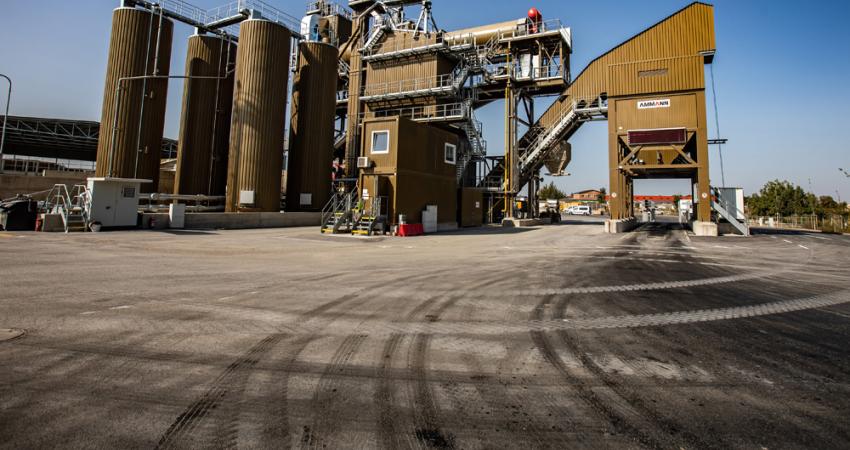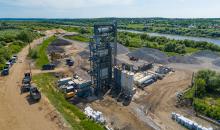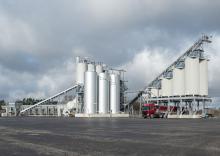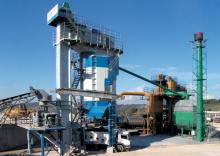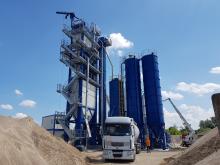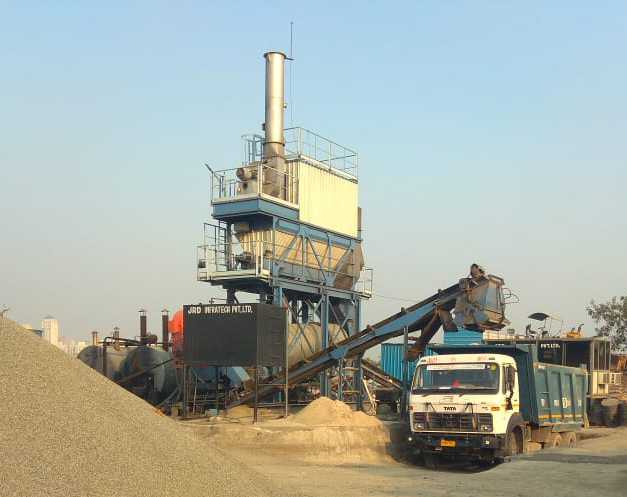
The Swiss-based asphalt mixing plant company adds that its ACC 90 CounterMix asphalt plant is suitable for the Indian market and provides energy saving, minimum carbon footprints, and a state-of-the-art pollution control system to meet the stringent pollution norms.
An Indian road construction company has turned to Ammann to help it meet increasingly strict environmental standards. JRD, founded in 2010, is headquartered in Ghaziabad, Uttar Pradesh. It primarily concentrates on roadbuilding and civil projects, but also handles residential, industrial and commercial work.
JRD recently purchased an ACC 90 plant. “It is an environmentally friendly plant that utilizes green technology,” said JRD director Jitendra Yadav.
He added that the plant meets India's National Green Tribunal (NGT) and Central Pollution Control Board (CPCB) guidelines. “There are stiff pollution norms,” he said. “This is the only plant that has met NGT conditions.”
The plant produces asphalt mix for the Noida-Greater Noida Expressway, which connects Noida, Uttar Pradesh – an industrial suburb of Delhi – to the new suburb of Greater Noida. It is also being put to work on other sector roads. Recycled plastics are used in some of the mixes manufactured for the project.
The ACC 90 CounterMix, which produces about 600 tonnes per day, which is designed to combine the simplicity of existing continuous drum-mix plants with the added efficiency achieved through counter flow technology. Ammann says that its lesser energy requirements for heating lead to reduced emissions, adding that it also produces mix at a lower cost than traditional parallel flow drum-mix plants and can easily incorporate recycled asphalt (RAP) and other additives.
The plant utilises Ammann’s proprietary recycling technology and is engineered so future innovations can be implemented.

